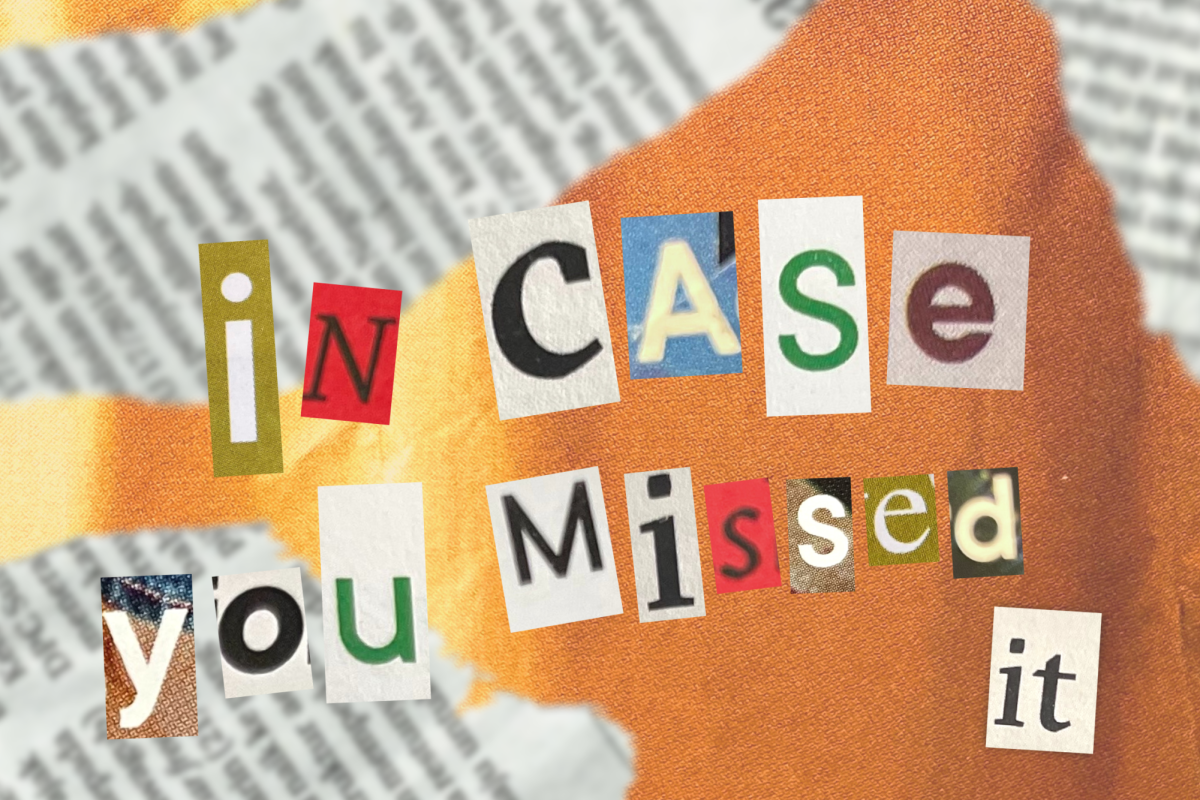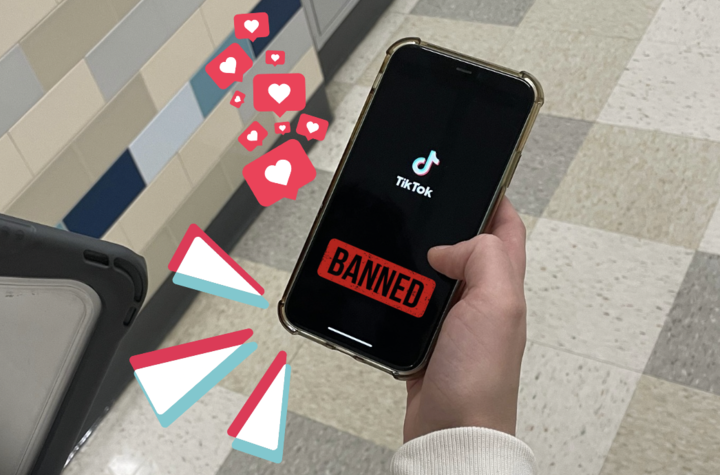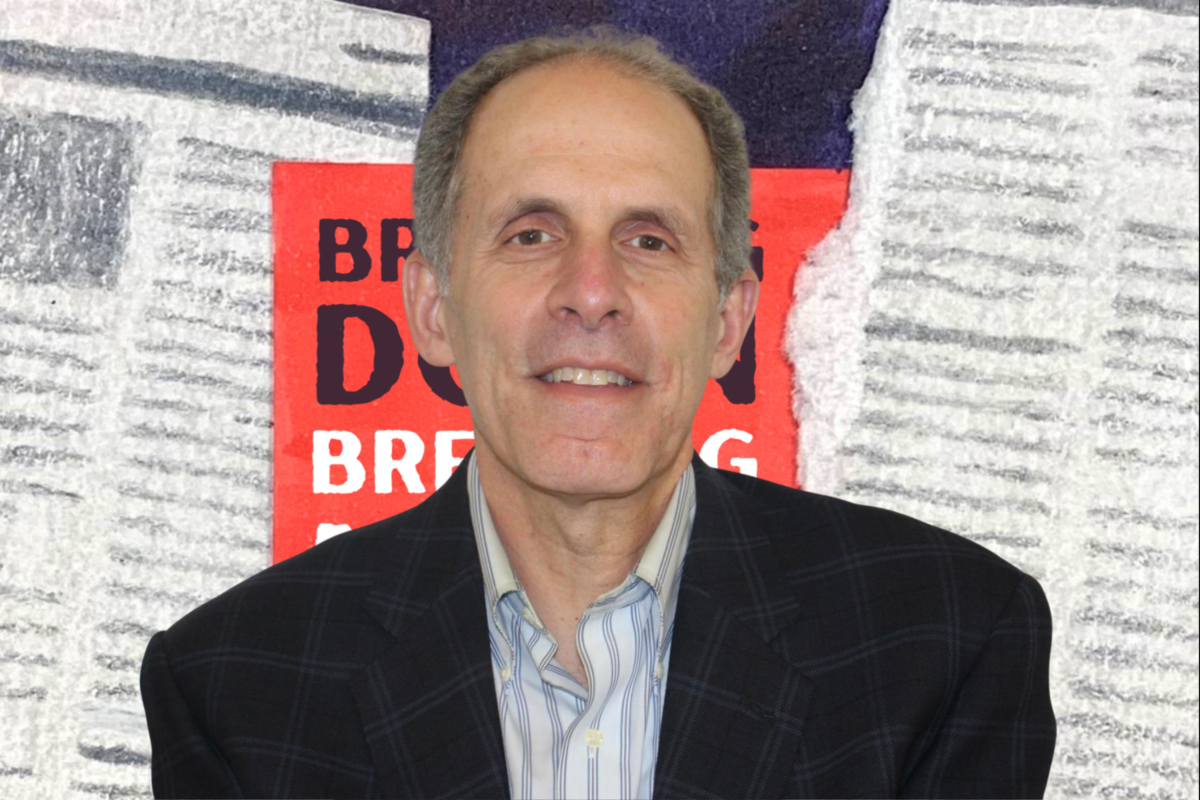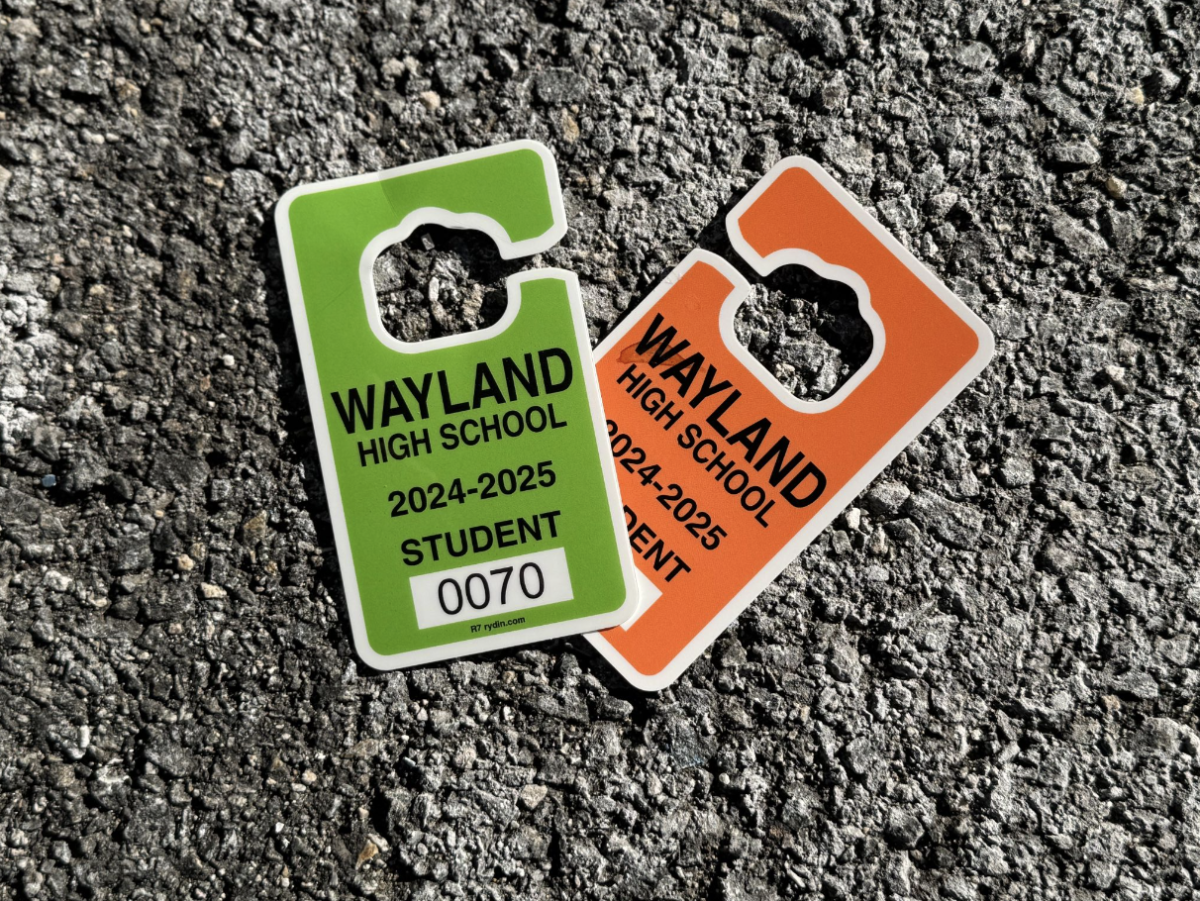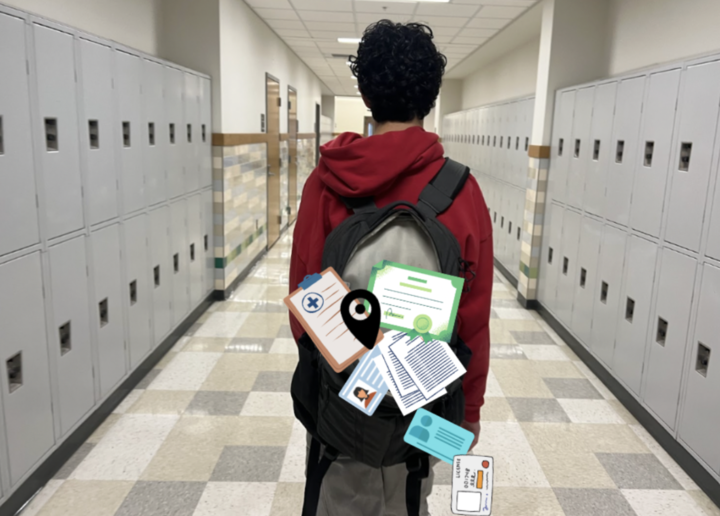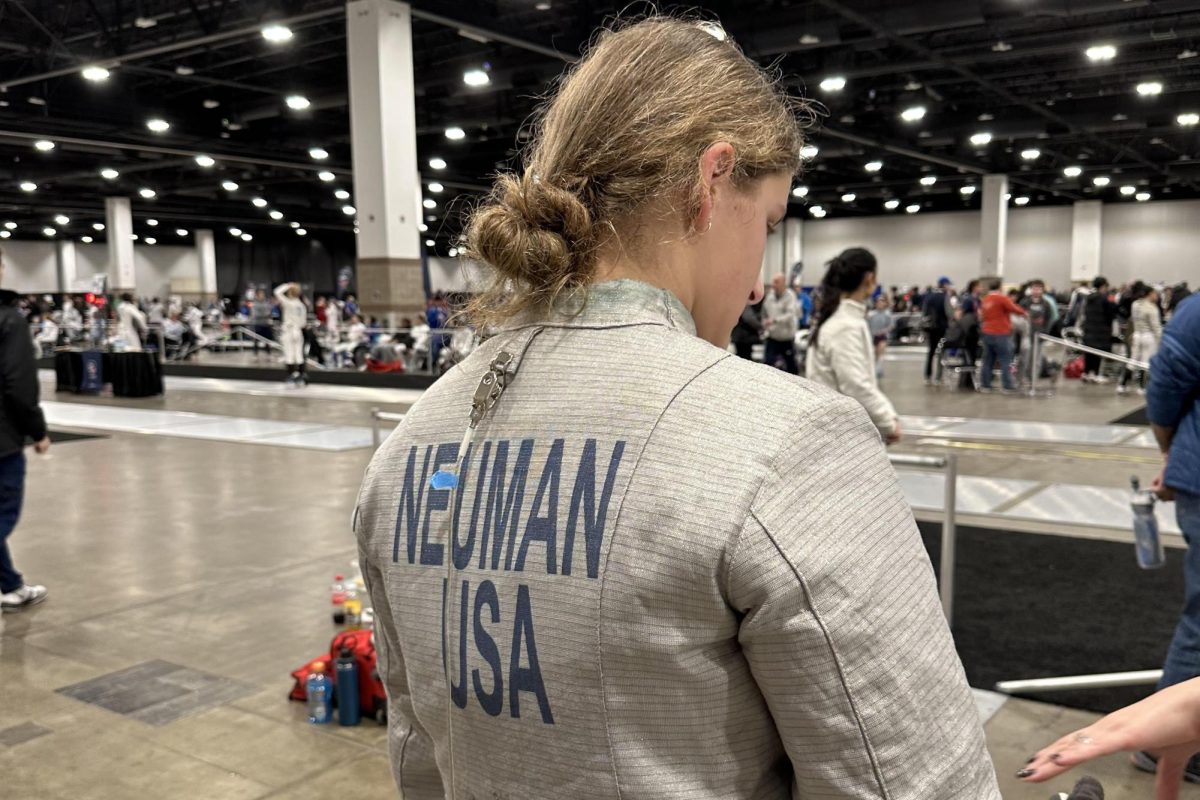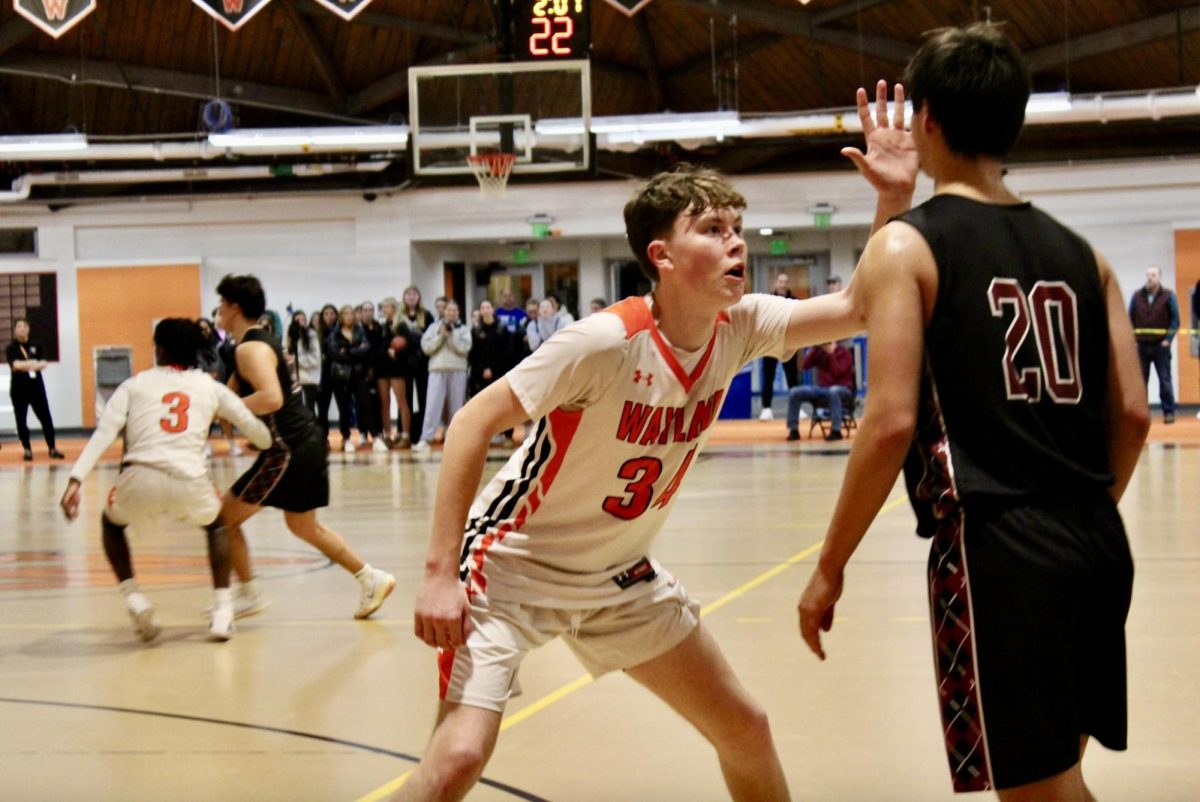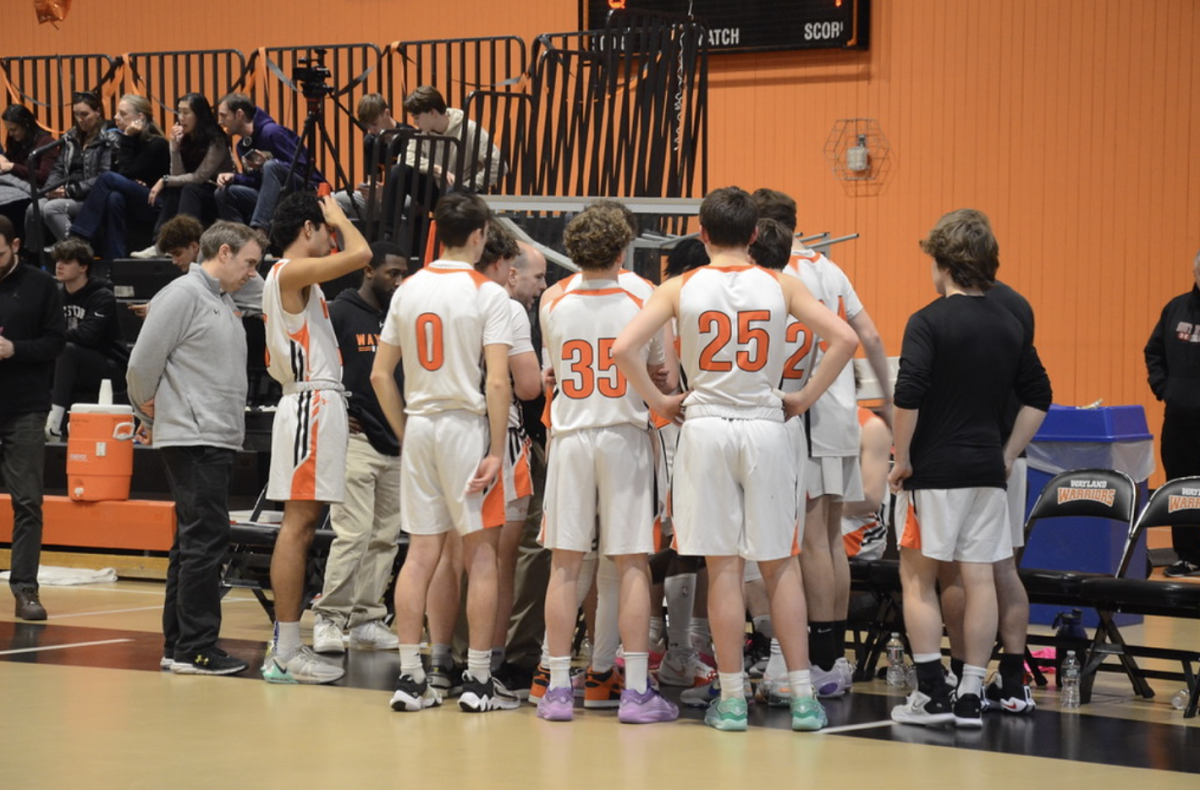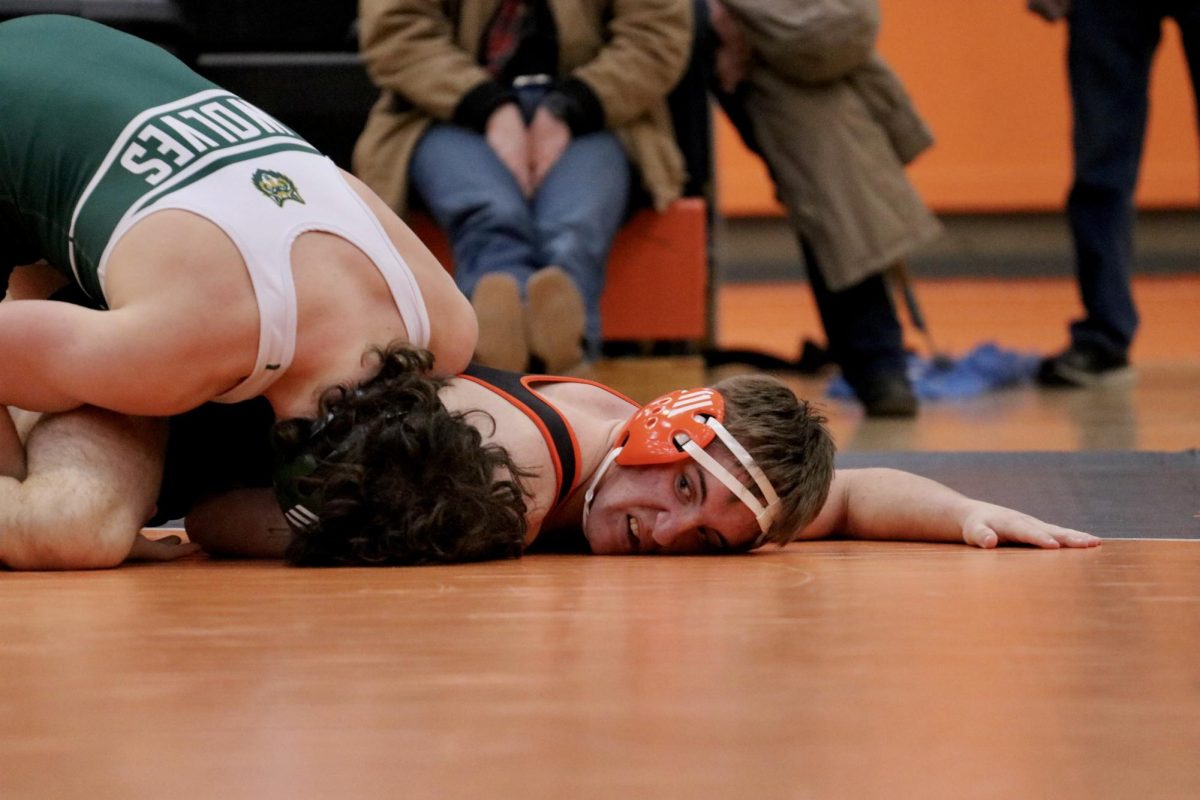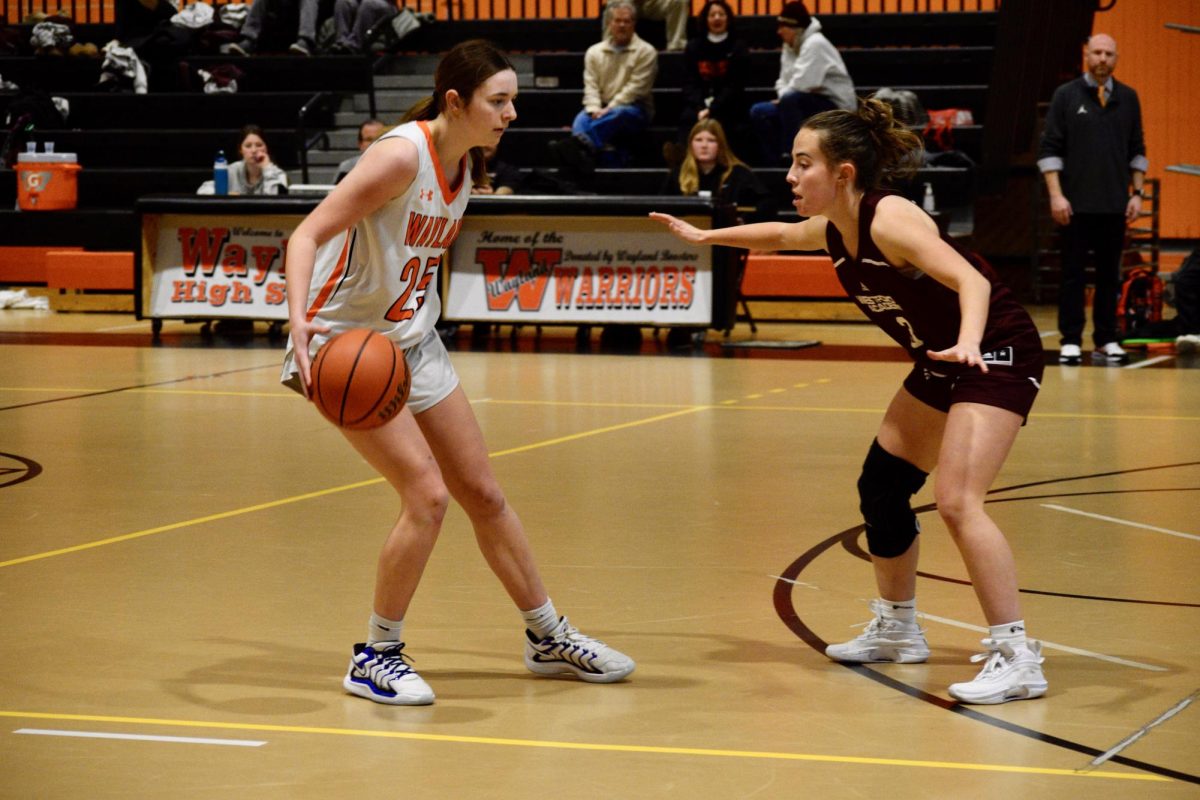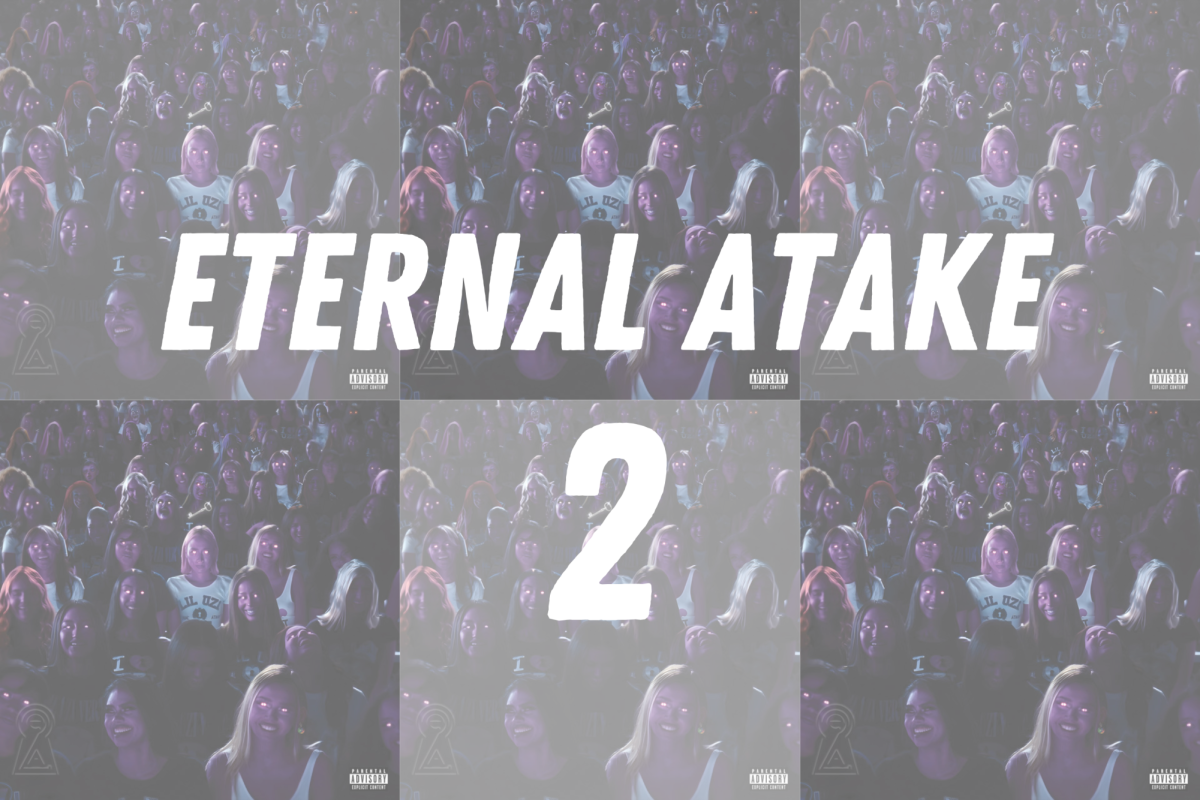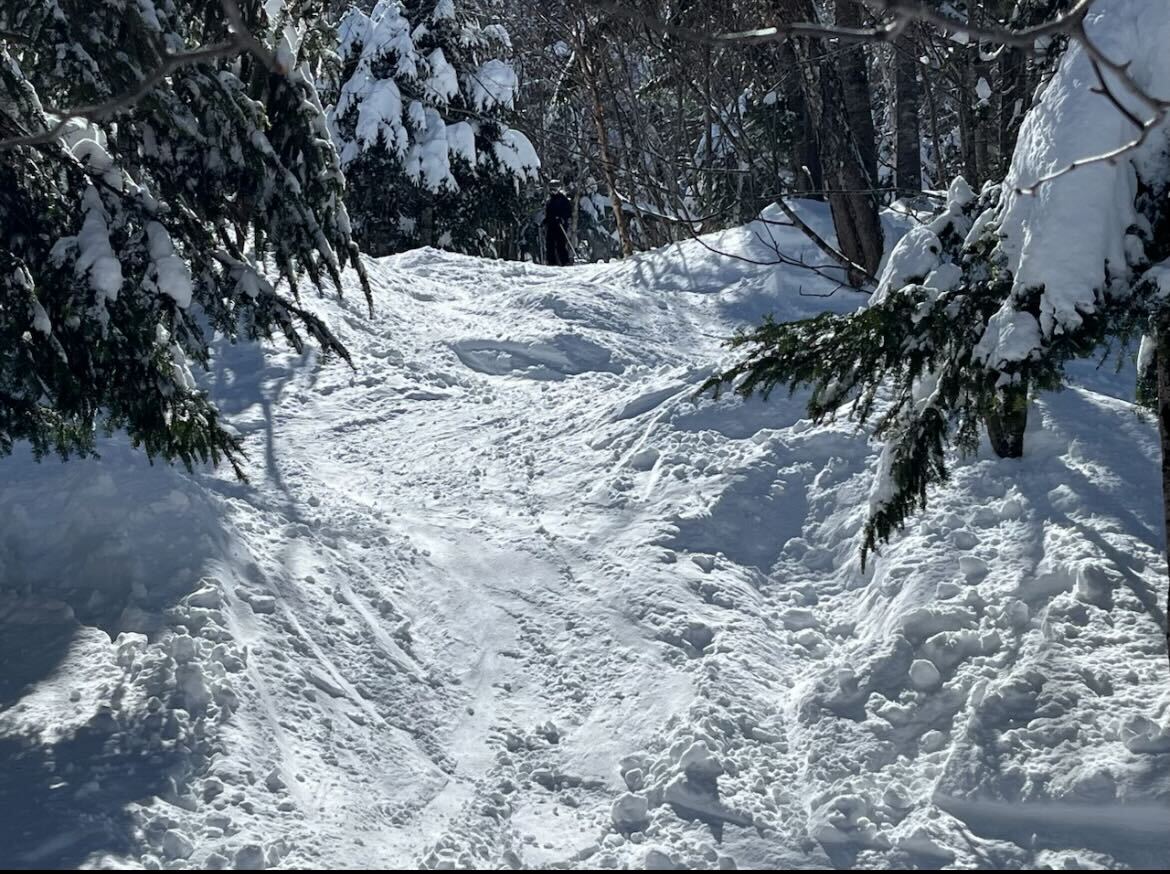Getting your driver’s license as a teenager in high school is, for many, an exciting rite of passage that promises a future of independence and, for some, necessary means for transportation. However, along with the freedom of the road, comes a financial burden that some families might not expect.
The cost of parking passes at WHS begin at $220 and decrease as the year goes on. After Nov. 1, the cost goes to $165, and after Jan. 24, the cost decreases even more to $110. Following this, the price then lowers to $55 after April 4. While the cost reduces over time, it is still a high enough cost to make some students and families question why they are being charged so much.
“I don’t really know what the money does and I’ve never really heard anything about it other than the school telling us to pay the fee at the beginning of every year,” senior Ben Hynes said.
Some students have concerns, or at the very least, questions regarding how the money obtained from the parking passes is being used, how much money is used for parking lot needs and how much money does the school make from the passes?
“[The parking passes] are way too expensive,” Student Council President senior Venezia Sebastianelli said. “I know other towns around us don’t have to pay for parking and if they do it’s nowhere near as much.”
According to the WPS Financial Director Susan Bottan, the school has made an average of $46,000 on parking passes over the last four years. During that time, the 2023-24 school year had the most parking passes sold with 235 parking pass sales. This year, the number of passes sold has already surpassed that record and increased to 241. This number is broken up between 161 seniors and 80 juniors, according to WHS Head of Attendance and Parking Pass Manager Liz Doyle. This means that the school has made roughly $47,000 to $51,000 this year so far.
According to Bottan, running the parking lot is quite expensive. Between plowing, salting, DPW costs and general upkeep such as sign replacement, repaving, repainting, campus security advisor salary, etc., the money from the parking passes doesn’t cover the total cost of running the lot.
“I’ve never calculated out those costs, but it probably falls within the $200,000 mark,” Bottan said.
However, allocating money in the budget for excess fees and costs has been done before, but it needs large support and evidence to make that change. According to Bottan, this has been done over a four year period with a reduction of the price of playing hockey. Students formerly had to pay a fee of $1,400 to $1,800 in order to play, but WHS Athletic Director Heath Rollins put a four year plan in place to have the school assume more of the cost into its budget each year, ultimately reducing the cost for families. A similar proposal can be made about parking passes, where money is budgeted by the school to reduce the cost of them over time.
“It takes time, and it takes a group of people to set priorities for something like [reducing the cost of parking passes] to happen,” Bottan said. “So if this is something that’s really, super important to high school students I think you all need to make that clear.”


